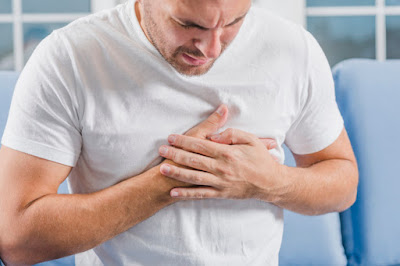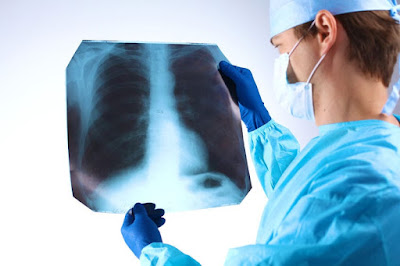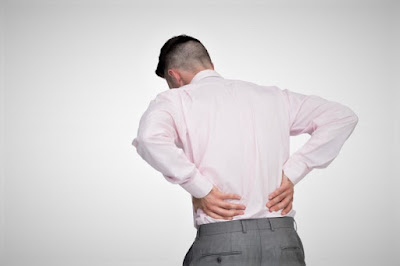What are the symptoms of a heart stroke?
Heart strokes are medical emergencies that endanger life. The faster a person understands a heart stroke, the higher the survival chances and complete recovery. To ensure prompt care, it's crucial to understand the signs and symptoms of a stroke. A stroke occurs when the brain's inadequate blood flow prevents the brain tissue from obtaining oxygen and other vital nutrients.
When a bloodstream brings oxygen and nutrients to the brain, this may happen. Any cells in the brain that do not obtain oxygen start to die. Within moments, this can occur. An individual will often get a temporary clot. This can lead to an ischemic (TIA) or "mini-stroke" attack. A bulge in an artery that can burst is a brain aneurysm It may contribute to a stroke.
One of the leading causes of death worldwide is heart stroke. Treatment is effective if given not many hours after a stroke has occurred within the original, so it is important to identify the side effects and respond quickly. You can visit KRIMS Hospital the best Emergency care hospital in Nagpur immediately if you suspect a heart stroke.
The earlier patients get to the emergency unit the higher their chances of a positive result. You will not pause for a second to call for help on the off chance that you were experiencing chest pain, but individuals with stroke symptoms routinely stand by to check if they're going to vanish. The delay can be dangerous. The risk of death or inability to suffer from a stroke is minimized by early clinical care. Stroke symptoms include difficulty walking, speaking, and understanding, and also face, arm, or leg paralysis or dizziness.
Here are some symptoms that people may have:-
Muscle:- Walking difficulties, instability, weak muscle paralysis, balance issues, rigid muscles, hyperactive reflexes, or paralysis on one part of the body.
Visual:- Blurred vision, double vision, sudden loss of vision, or sudden loss of vision in one eye.
Speech:- Speaking impairment, slurred speech, or lack of speech
The entire body:-Tiredness, light headache or vertigo.
Limbs:- Fatigue or loss of feeling
Sensory:- Pins and needles or a diminished touch feeling.
Facial:- Weakness in the muscles or numbness.
Shortness of Breath:- With or without chest pain.
Chest discomfort:-Most heart strokes cause discomfort lasting longer than a few minutes in the middle of the chest, or that goes away and comes back. It may feel as if pressure, pulling, fullness, or discomfort are uncomfortable.
Also common:- Swallowing trouble, headache, unable to grasp, mental confusion, or quick involuntary eye movement.
Every two seconds, somebody experiences a stroke somewhere in the world. And at some point in their lives, one in every six individuals would have one. Strokes deprive oxygen of brain cells and are one of the most frequent causes of death and the main cause of impairment that can be avoided. Fast emergency treatment is important when someone suffers a stroke, and can also help prevent permanent damage.
The anterior cerebral artery, middle cerebral artery, internal carotid artery, posterior cerebral artery (lacunar disease), vertebrobasilar artery, etc. are the main common areas involved in the development of stroke. There are several focus deficits in stroke, like changes in consciousness level and irregular motor, sensory, cognitive, perceptual, and language functions. In Nagpur, you can visit KRIMS Hospital, which is the best critical care hospital in Nagpur.




Comments
Post a Comment